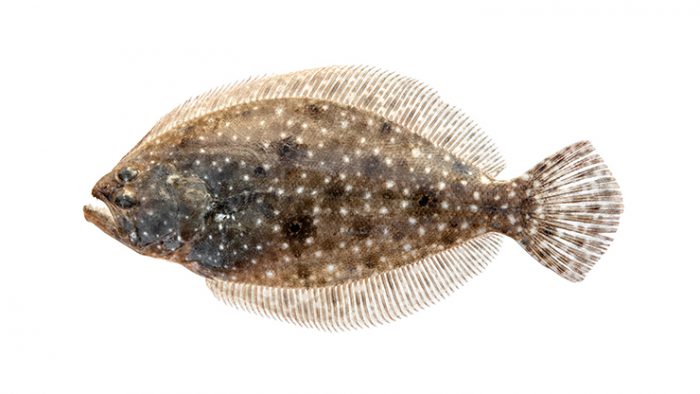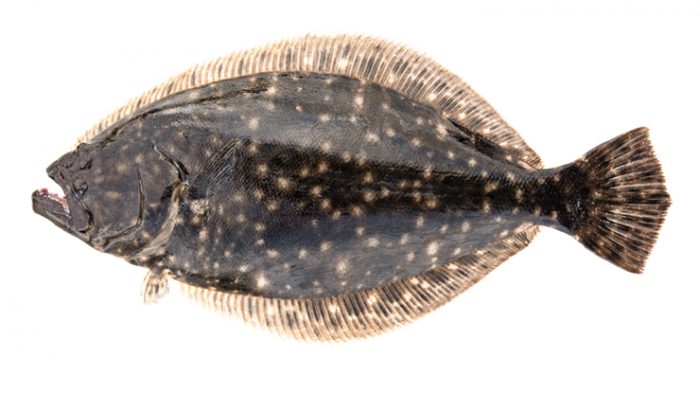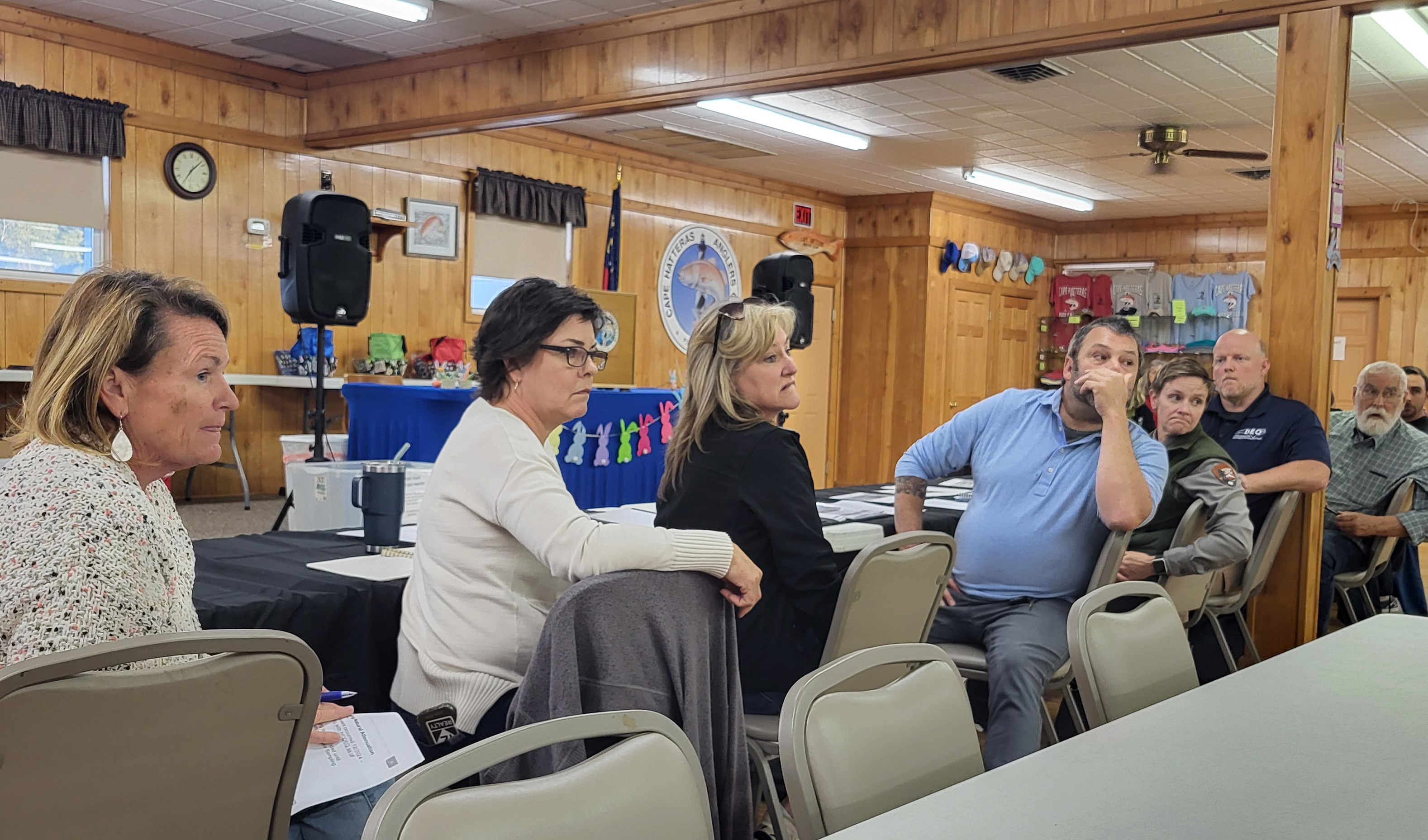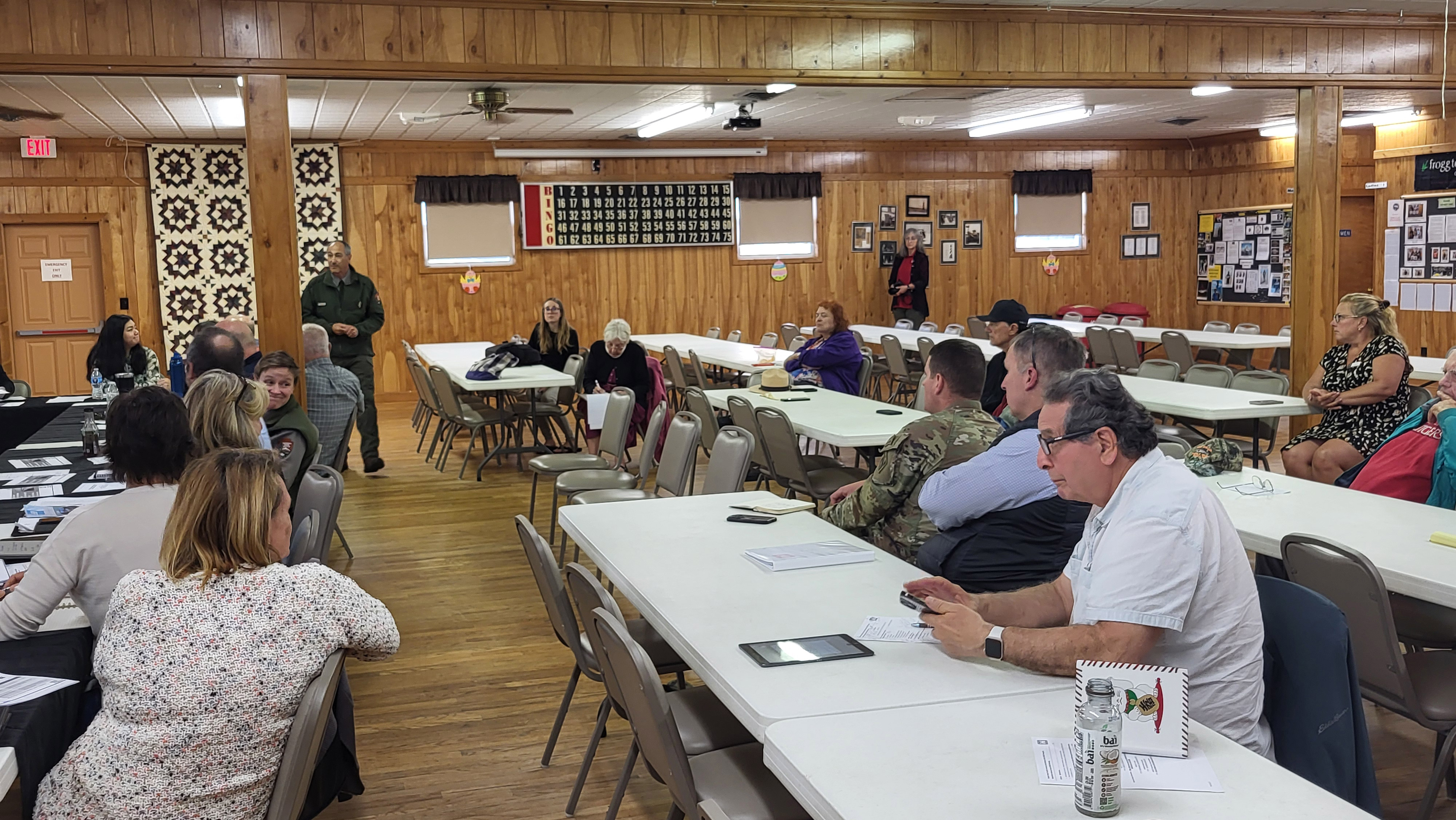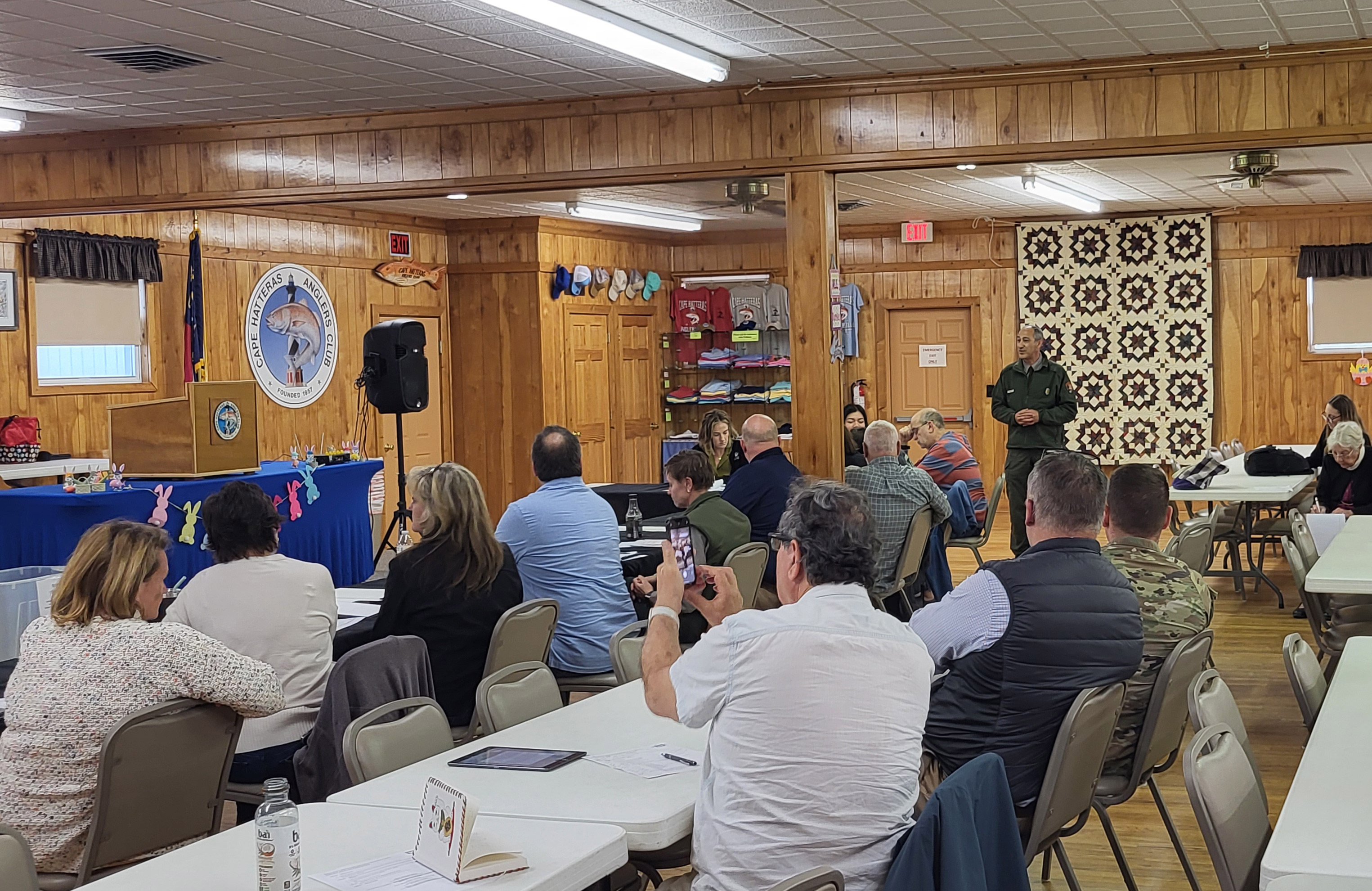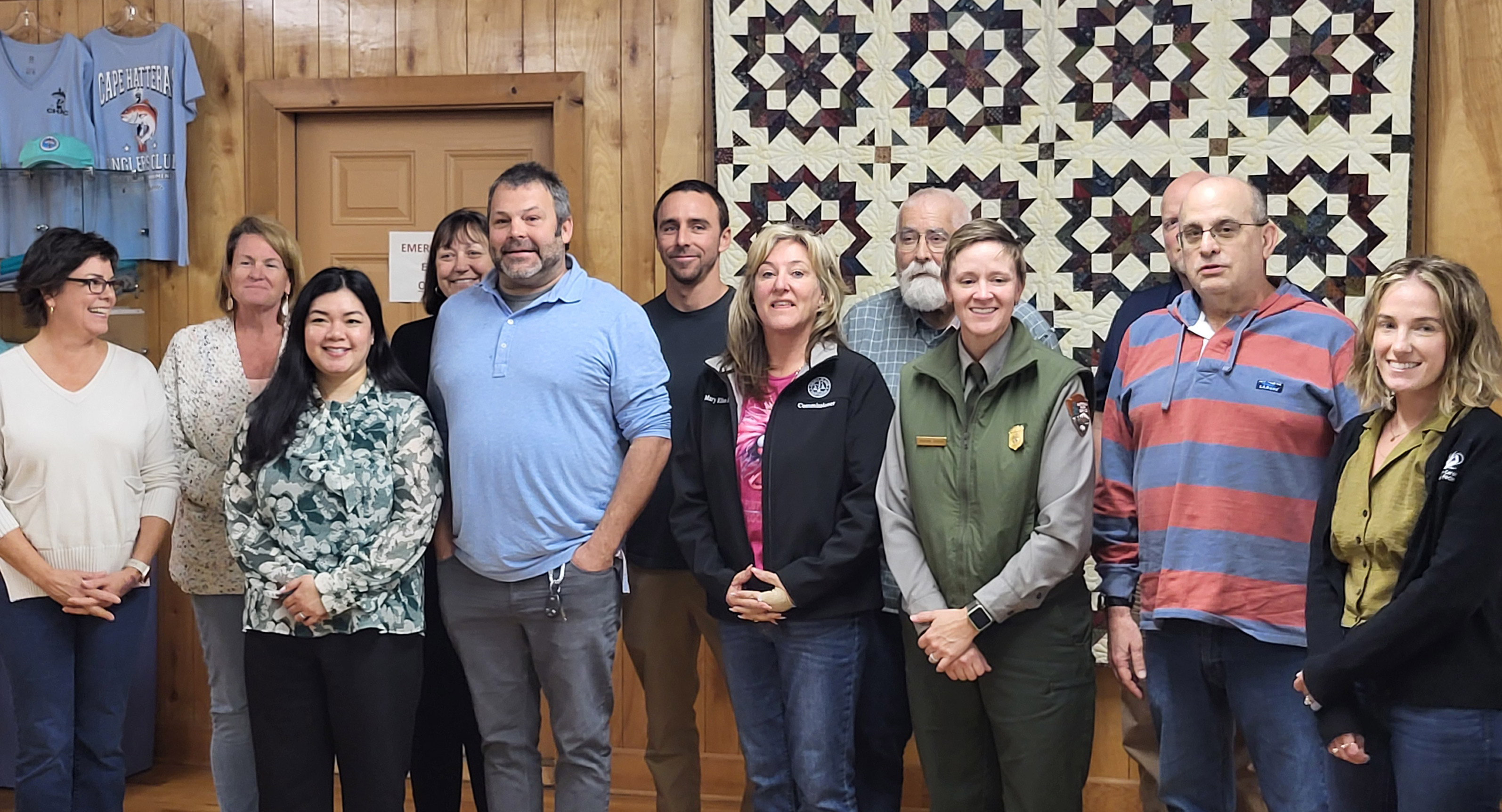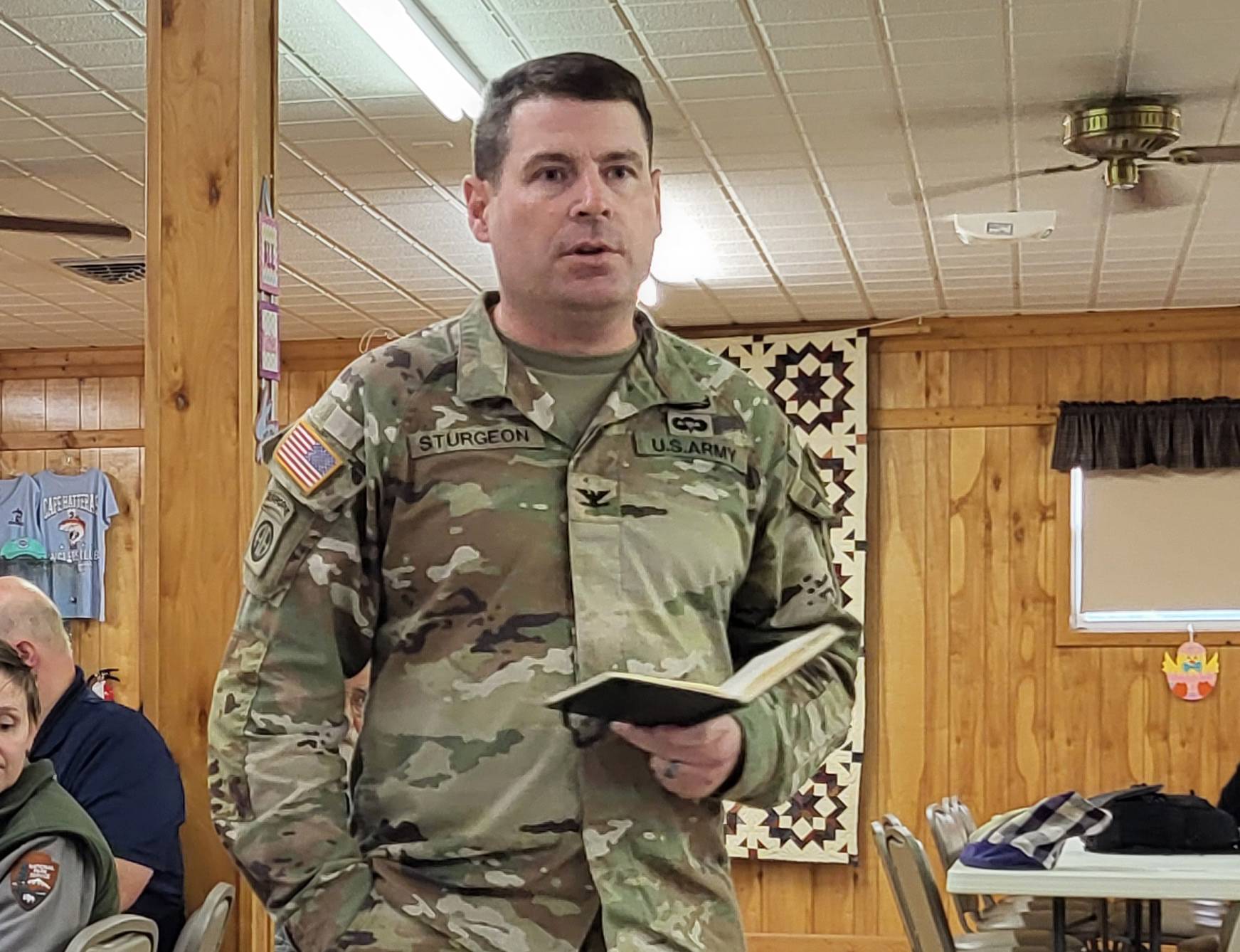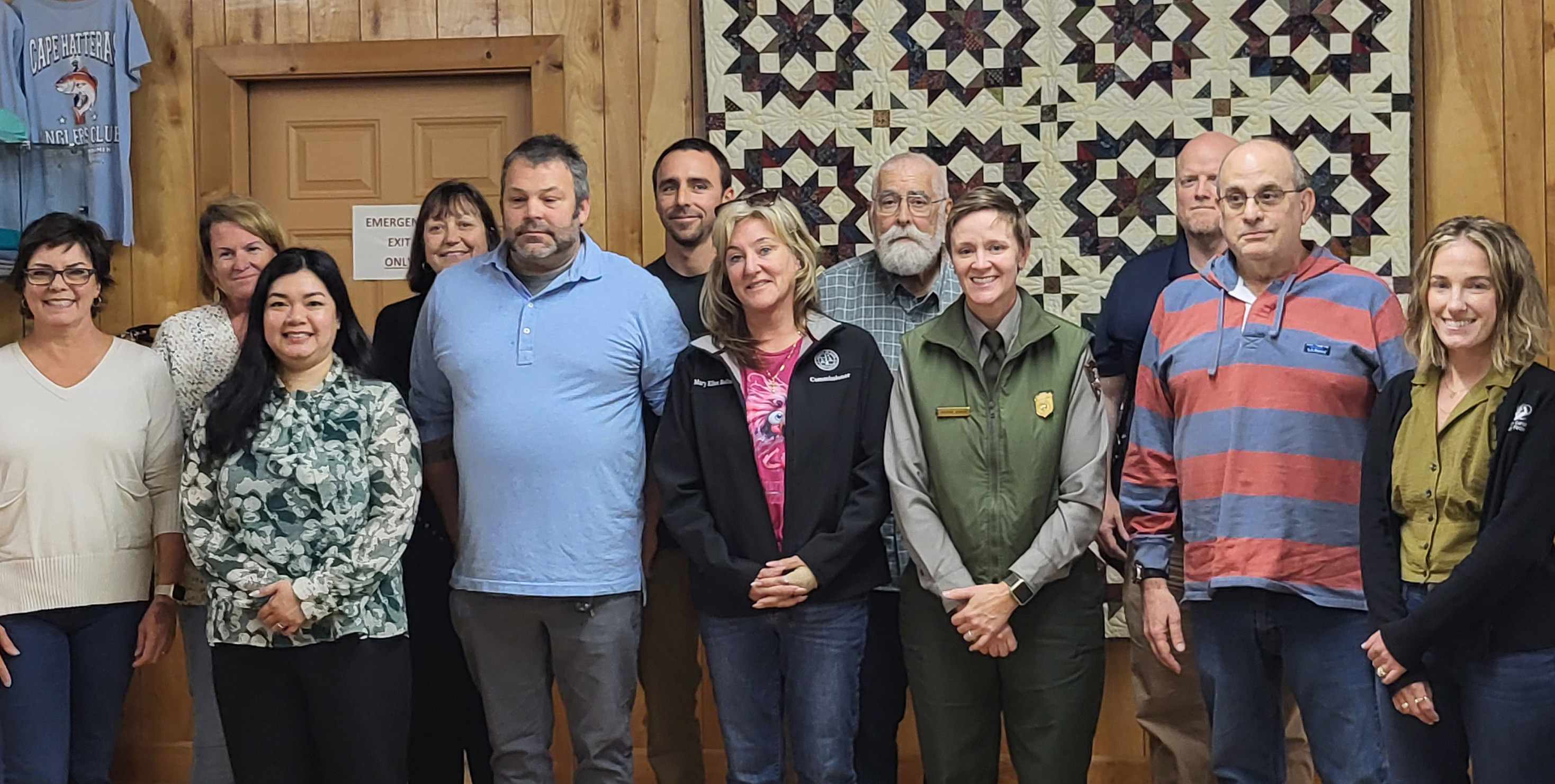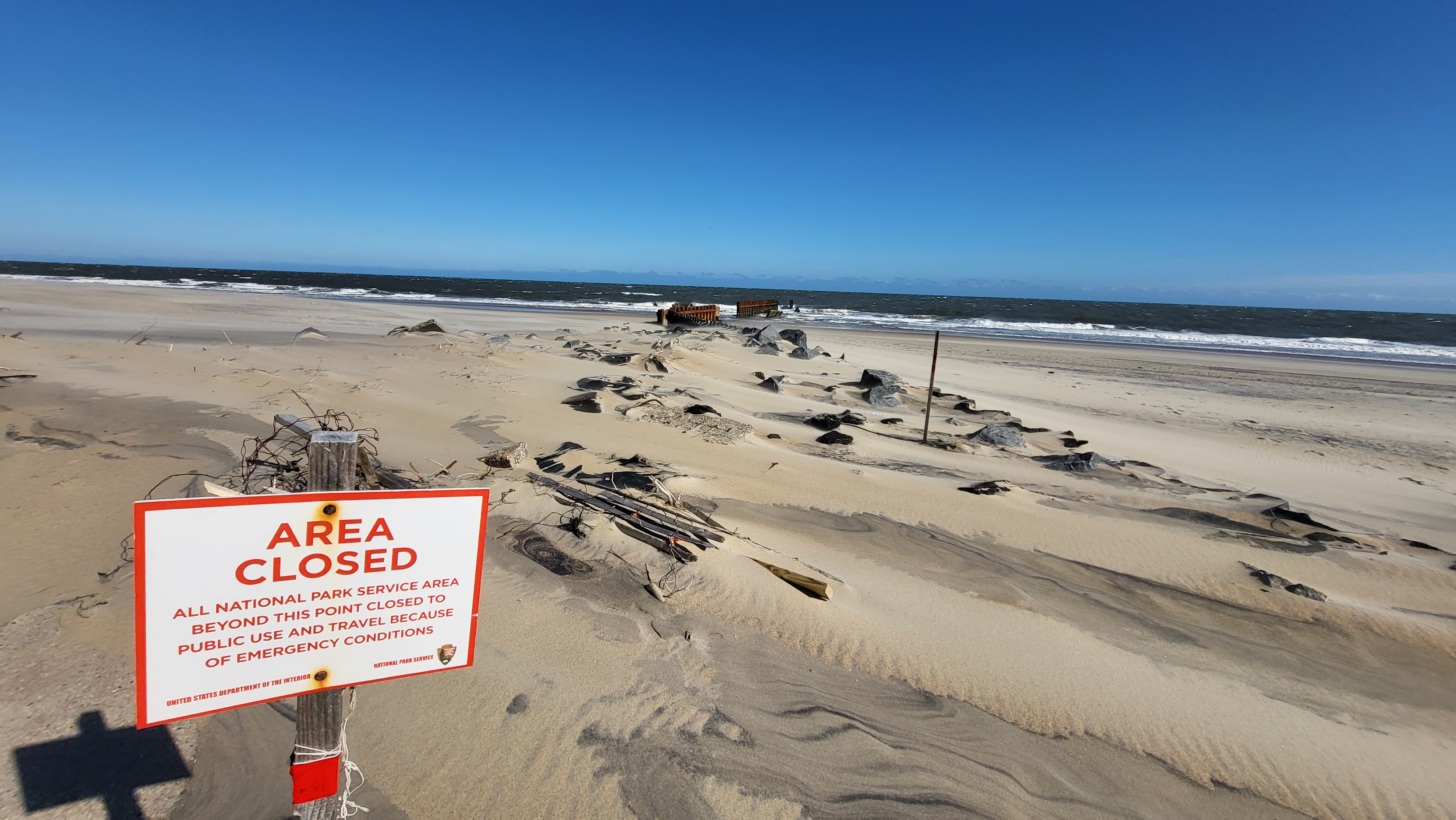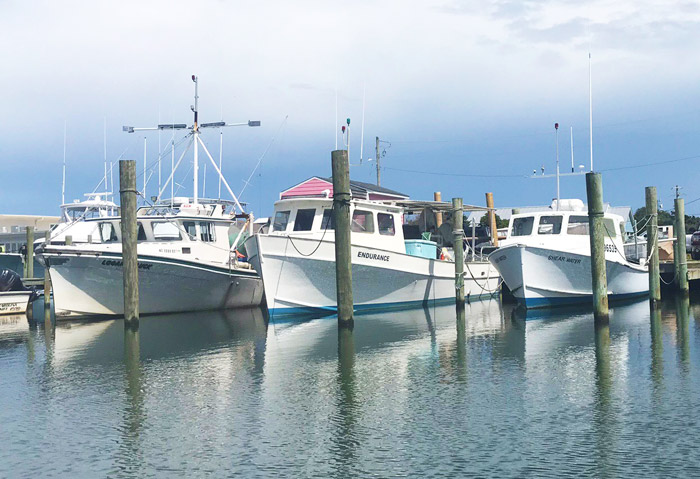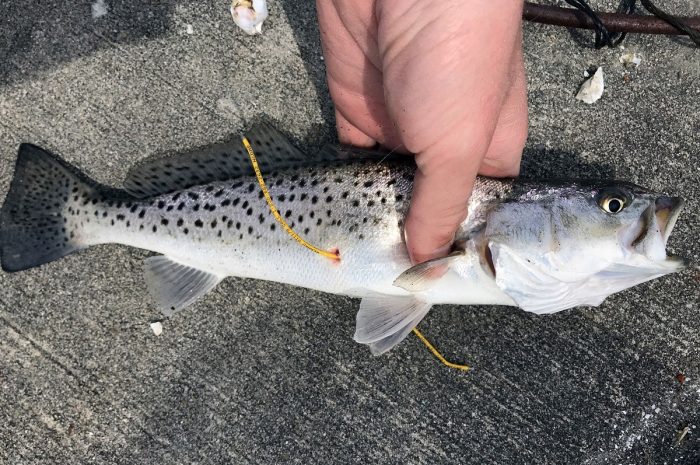Recreational spring season for ocellated (Gulf and summer) flounder in Atlantic Ocean will not occur in 2023
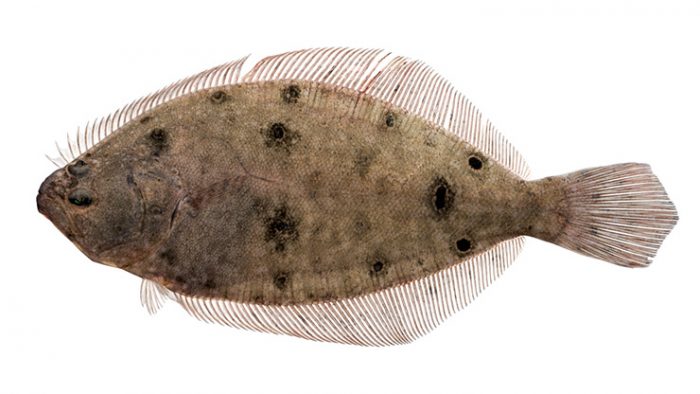
A recreational spring season for ocellated (Gulf and summer) flounder will not occur in 2023, as preliminary data from the 2022 recreational flounder season (Sept. 1-30, 2022) indicates that removals of southern flounder exceeded the Total Allowable Catch (TAC) by 25,000 pounds. The 2023 recreational quota and season must be adjusted based on the previous year’s data. The current recreational TAC is based on the most recent stock assessment that indicated southern flounder is overfished with overfishing occurring.
In North Carolina, the recreational flounder fishery is managed as left-eyed flounder, consisting of three main flounder species: southern, summer, and Gulf. Southern flounder are the only species of the three left-eyed flounder without ocellated spots. Ocellated spots are eye-like dark marks enclosed by a band of another, lighter color. For more information on how to identify the three main flounder species that occur in North Carolina, see the Flounder Identification Guide.
Adaptive Management under Amendment 3 to the Southern Flounder Fishery Management Plan allows for a March 1 to April 15 recreational season for ocellated flounder in the Atlantic Ocean if the additional harvest does not limit the rebuilding of the southern flounder stock. While the purpose of the spring season is to allow for additional recreational access to summer and Gulf flounder, there is the potential for southern flounder to be harvested during this time. Due to the overage of the TAC and to meet sustainable harvest requirements established under Amendment 3, the Division will not open an ocellated flounder season in the Atlantic Ocean.
The dates for the 2023 fall recreational flounder season will be announced at a later date once all data are finalized.
North Carolina’s southern flounder fisheries are managed under the Southern Flounder Fishery Management Plan Amendment 3. For more information on the management measures, see the Southern Flounder Information Page under Hot Topics.
